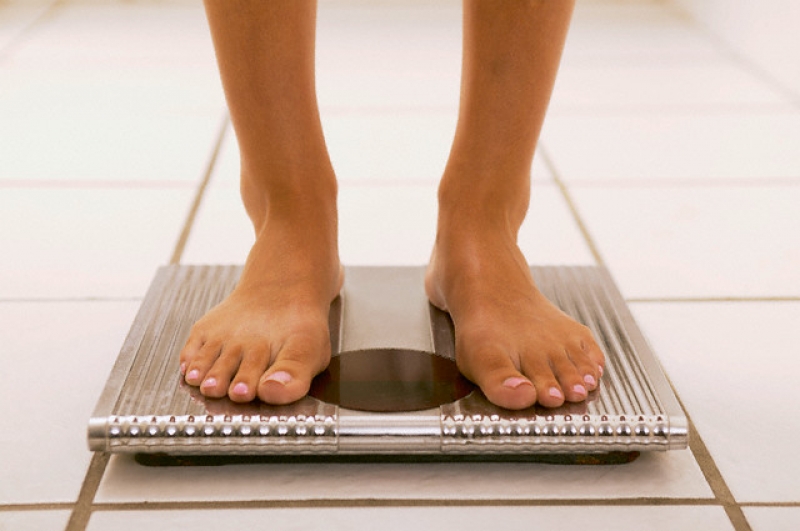Contents:
Medical Video: Children's Nutrition : Healthy Diets for Toddlers
Obesity has often been discussed in various media, such as TV, radio, internet, books, newspapers, and magazines. However, there are still many parents who are confused about the amount of intake that is actually needed by their children.
Do children get enough calcium? What about the amount of iron? Do children eat too many foods that contain fat?
Food intake for toddlers and adolescents is usually a special concern for many parents. Because the food can affect the physical and mental development of children. Here are nutrition references that you might learn, regardless of the age of the child.
Baby
Intake of important nutrients for babies is still around milk, both breast milk, formula milk, and a combination of both. Breastmilk or formula milk provides almost all the nutrients a baby needs for his first year.
Once at the age of 6 months, babies have been introduced to solid foods such as iron-rich baby cereals, filtered fruits and vegetables, and meat puree. Breast milk cannot provide enough iron and zinc needed when the baby is 6-9 months old, so cereals and meat can be complementary to the nutritional intake of breast milk.
When the baby has begun to eat solid food, do not overly limit fat intake for the little one. Babies under 2 years old need fat intake for the development of brain and nerve function.
Toddler and Preschooler
Toddlers and preschoolers can grow quickly, so does their appetite that comes and goes quickly. A mother does not need to worry because this is normal. As long as you present a healthy menu as an option, they will still get the needed nutrients.
Nutrients that may need to be considered are calcium. Calcium is very necessary for the formation of strong bones and teeth, although children may not understand how important calcium is for their bodies.
Unfortunately, there are some children who have milk allergies, intolerance to lactose, and children who do not like to drink milk. Alternatively, parents can choose lactose-free milk, soy milk, tofu, sardines, calcium-rich orange juice, cereals, waffles, and oatmeal. In some cases, the doctor may give calcium supplements.
Besides calcium, fiber intake must also be considered. Toddlers have been able to say "no" to food they don't like, while preschoolers have begun to pick food.
Children will tend to choose soft and starchy foods (imagine chicken nuggets, french fries, macaroni). However, this is actually the right time to encourage children to eat fruits, vegetables, whole grains, beans, and other sources of fiber. Not only contains fiber, these foods can also prevent heart disease, facilitate digestion, and prevent constipation.












